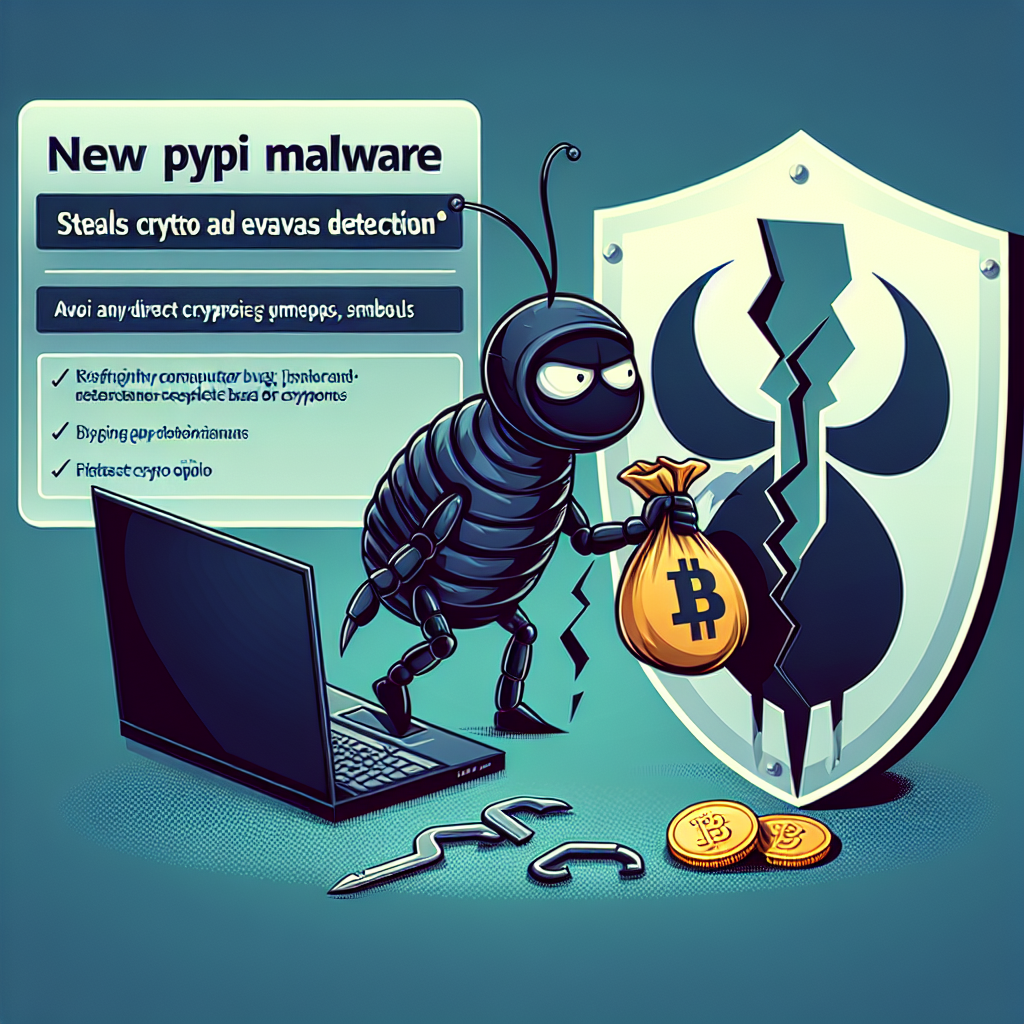Cybersecurity experts have recently uncovered a malicious package on the Python Package Index (PyPI) known as “pytoileur.” This deceptive package, masquerading as an “API Management tool written in Python,” was found to contain code that downloads and installs trojanized Windows binaries onto unsuspecting users’ systems.
The trojanized binaries included in the pytoileur package are capable of surveillance, achieving persistence, and stealing cryptocurrency from infected devices. Despite being downloaded 264 times before its removal, the package was swiftly taken down by Sonatype’s automated malware detection systems after being flagged as malicious.
Upon closer inspection, it was discovered that the pytoileur package used deceptive tactics to evade detection. Its metadata described it as a “Cool package,” a common tactic used by malicious actors to entice developers into downloading the package with appealing yet vague descriptions.
A detailed examination of the package setup file revealed hidden code obscured by excessive whitespaces. This code executed a base64-encoded payload that retrieved a malicious executable from an external server. The downloaded binary, named “Runtime.exe,” utilized PowerShell and VBScript commands to ensure its persistence on infected systems while employing anti-detection measures to evade analysis by security researchers.
The malicious binary was found to be capable of information theft and crypto-jacking, targeting user data stored in web browsers and assets associated with cryptocurrency services like Binance and Coinbase. Further investigation uncovered that pytoileur is part of a larger campaign involving multiple malicious packages on PyPI, such as “gpt-requests” and “pyefflorer,” which use similar tactics to download trojanized binaries.
Additionally, another package identified as part of this campaign, “lalalaopti,” contained modules designed for clipboard hijacking, keylogging, and remote webcam access, indicating the attackers’ broad malicious intentions. Sonatype highlighted the reemergence of identical malicious Python packages as a sign of threat actors revisiting and repurposing old tactics to target a wider range of victims, including developers across various niches like AI, machine learning, and popular Python frameworks like Pyston.
In light of these findings, it is crucial for developers to exercise caution when downloading packages from repositories like PyPI and to regularly update their security measures to protect against evolving threats in the cybersecurity landscape. Stay informed and stay vigilant to safeguard your data and devices from malicious actors.

